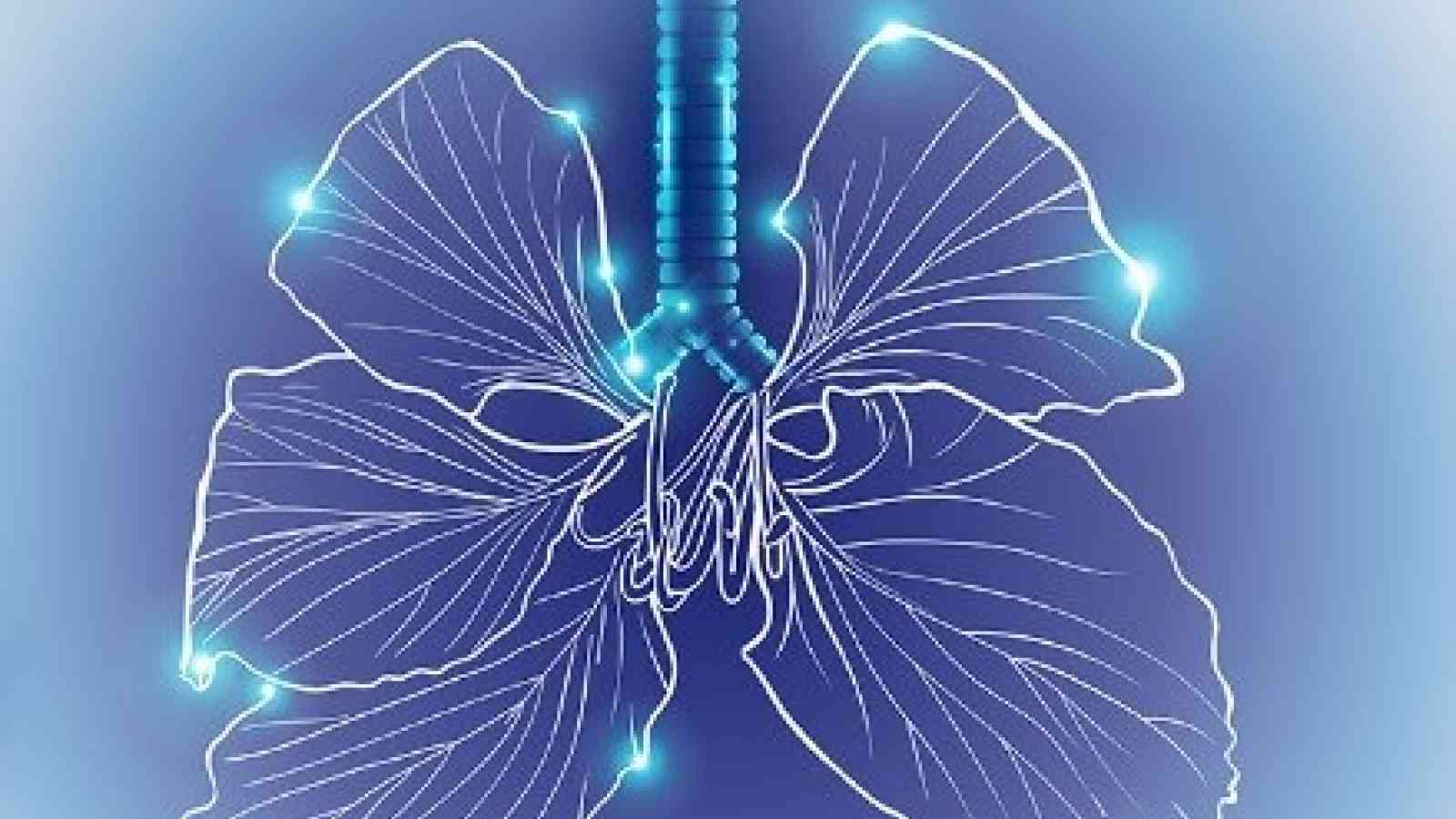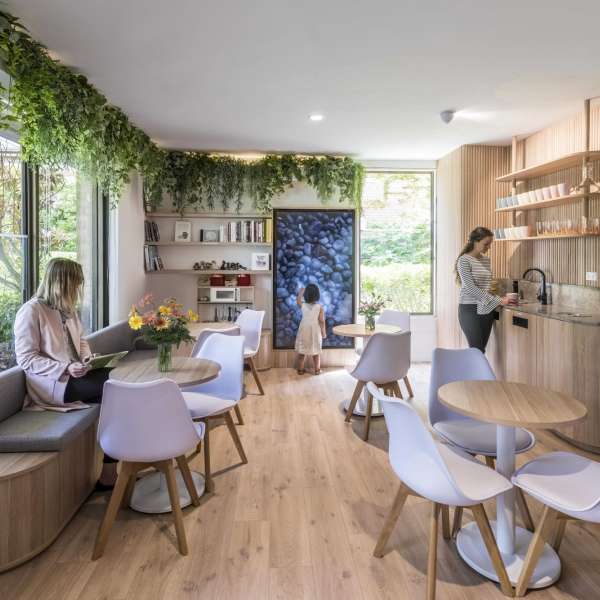
Dr Hyonna Kang’s presentation (26th Congress of the Asian Pacific Society of Respirology) published in Respirology
Dr Kang researched Asthma using Korean Eight Constitution Medicine (Constitutional acupuncture, dietary & lifestyle regimens), integrating conventional medicine therapy. The clinical outcomes and patient experiences were promising as a complementary therapy for asthma patients in Australia.
Beyond asthma control, life-changing encounter with a holistic medical paradigm of Korean Eight Constitution Medicine: In-depth pragmatic case studies for asthma patients in Australia
Hyonna Kang 1,3,8, Brian Oliver 1,6, Sean Walsh 1, Sheree Smith 7, Terry Royce 2, Byung Je Cho 4,5
1 School of Life Sciences, University of Technology Sydney, Sydney, Australia, 2 Graduate Research School, University of Technology Sydney, Sydney, Australia, 3 Korean Medicine, Sage Acupuncture, Sydney, Australia, 4 Korean Medicine, Chedam Hospital of Korean Medicine, Busan, Korea, 5 Korean Medicine, Dong-Eui University, Busan, Korea, 6 Woolcock Institute of Medical Research, The University of Sydney, Sydney, Australia, 7 School of Nursing and Midwifery, Lung, Sleep and Heart Health Research Network, Western Sydney University, Sydney, Australia, 8 Korean Medicine, Next Practice GenBiome, Sydney, Australia
Background and Aims:
Research has confirmed that not all asthma is the same. People present with different trigger factors, inflammatory responses, and symptoms. Korean Eight Constitution Medicine (ECM) recognises these differences as deriving from inherent physiological and psychological traits. ECM uses different acupuncture and dietary regimens to treat asthma on this basis. This is the first ECM clinical case study outside Korea to explore ECM as a complementary therapy for asthma.
Methods:
In-depth Pragmatic Case Study was conducted for three asthma patients in Australia and the clinical outcomes were analysed utilising Mixed Method model. Medical diagnosis and Pulmonary Function Test confirmed the asthma condition. Twice weekly ECM acupuncture treatments were provided over three to six months, between March and September 2021. Each semi-structured consultation was audio-recorded and the discourse was analysed using Conversation Analysis method. The clinical outcomes were analysed against the patient's baseline using the medical diagnostic tools and the patient's self-assessment: PEF, ACQ, and miniAQLQ.
Results:
ECM was effective in managing asthma and promoting health across five domains: (1) reduced asthma medications, (2) good asthma control, (3) improved comorbidities, (4) significantly improved quality of life, (5) positive changes to attitude, feelings, and thoughts toward life.
Conclusions:
This research explored the effects of ECM on three asthma patients in Australia. The results demonstrated not only good control of asthma but also life-changing empowerment to the patient, and therefore present a promising opportunity for the holistic care approach of ECM to be a valuable complementary therapy for asthma patients in Australia.
Ethics Approval and Consent to Participate: UTS HREC approved the study and the informed consents were received by each patient prior to the study.
Acknowledgments: The authors very much appreciate: for Professor Helen Reddel (Woolcock Institute of Medical Research) and Professor Elizabeth Juniper (QoL Technologies) for providing permission to use the clinical outcome measures of PEF, ACQ, and mini-AQLQ; for Invitation to Health, GenBiome, Chinabooks, and Asthma Australia for assisting participant recruiting and supporting clinical study.
Citation:Kang, H., Oliver, B., Walsh, S., Smith, S., Royce, T., & Cho, B. J. (2023). Beyond asthma control, life-changing encounter with a holistic medical paradigm of Korean Eight Constitution Medicine: In-depth pragmatic case studies for asthma patients in Australia. In RESPIROLOGY Vol. 28 (pp. 310-311). WILEY.
Abstract: https://onlinelibrary.wiley.com/doi/full/10.1111/resp.14433#resp14433-sec-2119
Conference: https://www.apsr2024.hk/#
